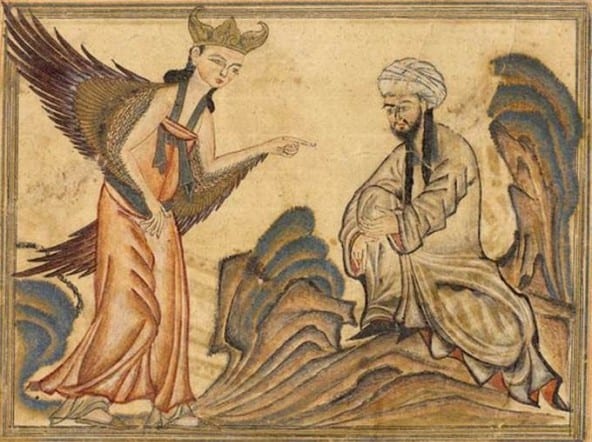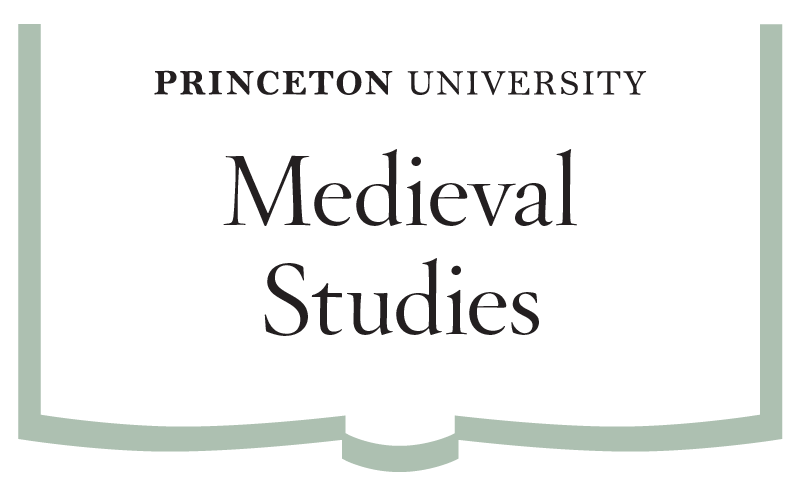
Metrical Latin lives of Mohammed
Francesco Stella, Università di Siena
February 27, 2020 · 4:30 pm—6:00 pm · East Pyne 010
Department of Classics; Near Eastern Studies; Program in Medieval Studies

The Latin verse lives of Mohammed appear suddenly between the eleventh and twelfth centuries, developing in a novelistic direction the hints of the prose biographies or biographical passages written between VIII and X centuries. Embrico of Mainz (XI c.) and Walter of Compiègne (XII c.) go much beyond the educational and apologetic necessities raised by the crusades culture, and show a special attention to the scenic and narrative structure. The literary climate nourished by tenth-century poetic hagiography, by the Arab tales of Peter Alfonsi and by eleventh-century novels combines to form a relatively homogeneous narrative, which in the period of the Crusades is accompanied by more or less imaginary elements and sequential rewriting of the basic episodes. Yet only versification, which reflects the influences of the satirical style in vogue from the twelfth century on and of a naturalistic and erotic lexicon, allows the European literature of the lower Middle Ages to transform Muhammad into a brilliant and lucky picaro and Islam into an imaginary republic of sexual liberation.












